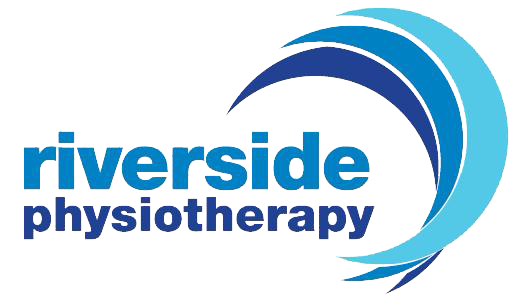Fitness and arthritis: your options
Arthritis sufferers can exacerbate their condition by reducing their activity. What can those with arthritis do to maintain their health and minimise its physical impact?
Being diagnosed with arthritis can be a frightening experience. The medical jargon, the new medication, the exercises you should, or should not be doing, can leave you feeling anxious and confused. Then there’s the worry about how it may affect your life going forwards.
“Will I still be able to do the things I enjoy?”
“How can I keep fit?
Following a diagnosis of arthritis, most people express these concerns, especially if they are not familiar with what arthritis is and how it can affect them.
Arthritis – what is it exactly?
There are over 100 types of arthritis and related diseases. The most common types amongst the patients we see at Riverside Physiotherapy are Osteoarthritis (OA), and Rheumatoid Arthritis (RA).
OA - Osteoarthritis Arthritis, also known as degenerative arthritis, is the most common form of arthritis in the UK. When you imagine someone with arthritis, it’s probably OA that you think of. It generally affects older people, resulting in changes within the cartilage and joints. It usually appears in weight-bearing joints, such as the hips, knees, or back. Although changes in your joints are a natural part of the ageing process, OA can be exacerbated by obesity, previous injury, surgery and muscle weakness. Simple activities, like getting up from a chair, can cause pain, which may lead to a reduction in range of movement. However, degenerative changes in the joints do not always cause pain and may go completely unnoticed by some people.
RA – Rheumatoid Arthritis is the most common form of inflammatory arthritis that we treat. It usually occurs in the small joints, such as the hands and wrists, but it may also affect the elbows, hips or knees. The main symptoms are pain, swelling, heat or stiffness in the joints, which is often worse in the morning. The pain can be constant, often presenting bilaterally (on both sides of the body), and may not be aggravated by movement.
RA is an auto-immune condition, which means that instead of just fighting off germs and viruses, the immune system is targeting the body’s own tissues. RA is three times more common in women than in men, and the exact cause is still unknown.
People with arthritis can easily get caught in a vicious cycle of pain and reduced activity, which leads to increased weakness and deconditioning. Strengthening your body is the best way to manage arthritis. If your muscles and tendons are strong, they reduce the strain on your joints, which can reduce the rate of degeneration, relieving pain and stiffness. Physiotherapists work to put patients with arthritis on a new path, gradually increasing their strength, improving activity and ability to function with less pain.
We will tailor an exercise program around your physical abilities and expectations to enable you to be stronger, more flexible and fitter. To improve and maintain your fitness, you’ll need adequate time for recovery, and you may need to take medication. Your physiotherapist will guide you with the correct level of exercise to allow you to progress as your fitness level improves. Swimming, cycling and using a cross trainer are great ways to exercise and increase strength, without putting pressure on your joints. If you enjoy higher impact exercise, such as running, you may be able to return to it when you are ready. If you’re overweight, losing weight can help, as the heavier you are, the more pressure you put on your joints.
The important thing to remember is that an active, healthy lifestyle and regular, moderate exercise will allow you to optimize your body’s natural healing processes.
There is currently no cure for arthritis, but it can be managed successfully, and it certainly shouldn’t mean saying goodbye to an active lifestyle. Our arthritis patients often become stronger and more active than ever by following the advice and exercise programs that our physiotherapists set for them.
Whether you’ve just been diagnosed, or if you’re struggling to make further progress after years of living with arthritis, call us on 01895 623 558 and we will get you on the right track.

